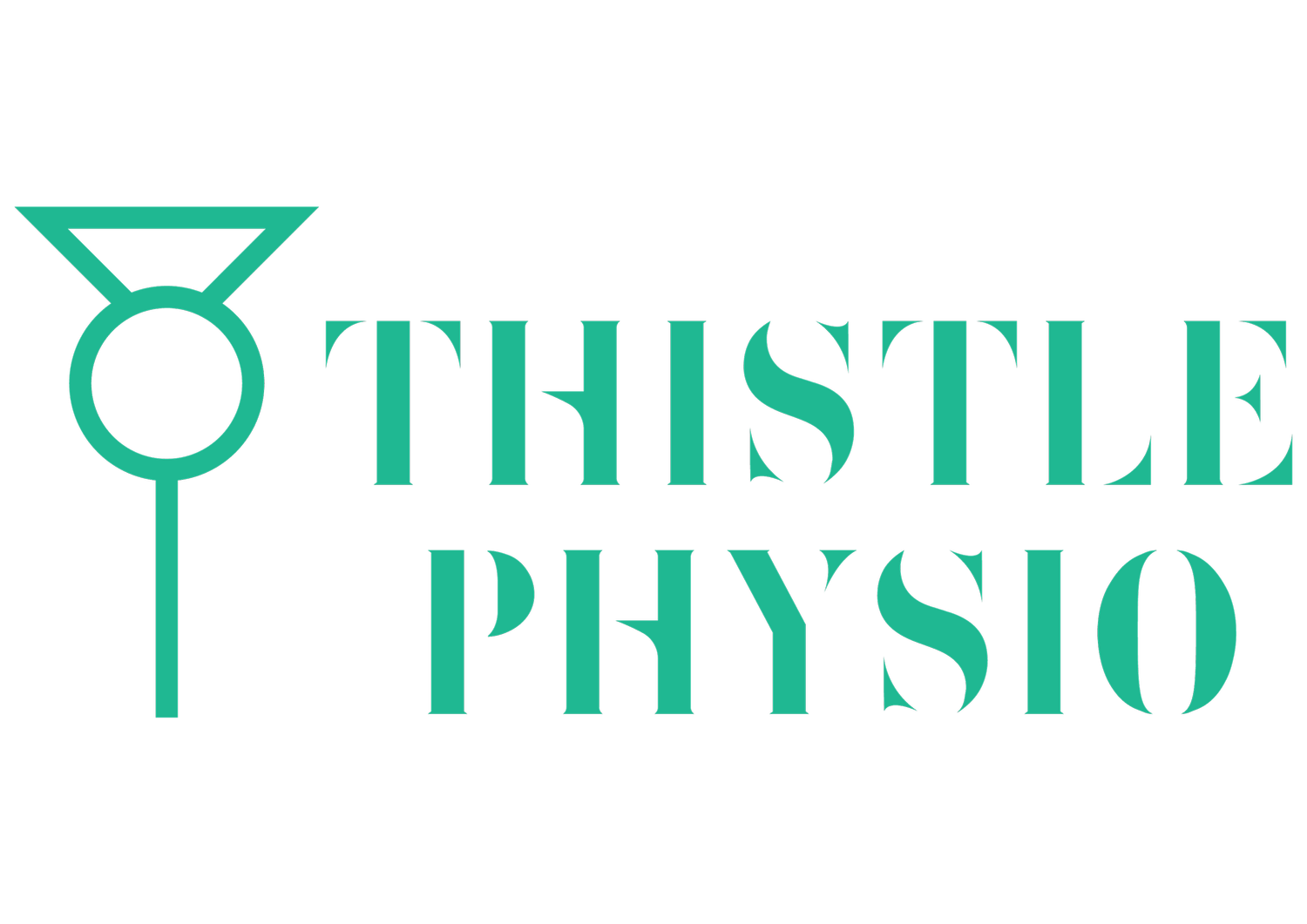Understanding tendinopathy in the upper limb
Upper limb tendinopathies are something we see regularly. It’s a condition that’s common but very manageable when properly understood and treated. Here’s a closer look at what a tendinopathy is, some common areas it can affect your arm, as well as what can be done to help.
What exactly is a tendon?
Tendons connect muscle to bone. They help transmit the force generated by your muscles to produce movement. Although incredibly strong, tendons are not immune to strain. When they become irritated or overloaded, it can lead to pain and weakness, as well as a reduction in function – and this is what we call a tendinopathy.
Why tendons become troublesome
Tendons don’t typically become painful overnight. The most common reason they start to cause problems is when they’re asked to handle more load than they’re used to. That might be a sudden increase in activity, a change in your routine or something as simple as using tools differently at work or taking up a new form of exercise.
Age can also be a factor. As we get older, tendons become less adaptable, making them more prone to wear and slower to heal if they’re irritated.
Other contributing factors
Some general health conditions can also affect tendon health. People with diabetes or cardiovascular issues may find their tendons are more sensitive or take longer to recover. Smoking and carrying excess weight are also known to have a negative impact on tendon resilience and healing capacity.
Common types of upper limb tendinopathy
De Quervain’s Tenosynovitis
This is a condition that affects the tendons around the base of the thumb. It’s particularly common in people who use their thumbs and wrists repetitively – such as chefs or hairdressers and even new mums. You might notice pain when gripping or moving your thumb, which can make everyday tasks surprisingly difficult.
Tennis Elbow
Despite the name, you don’t need to play tennis to develop this! It’s more likely to affect people who use their arms for repetitive, load-bearing tasks – painters and plasterers, for example. Pain usually appears on the outside of the elbow and can make gripping and lifting or even shaking hands quite uncomfortable.
Rotator Cuff Tendinopathy
The rotator cuff is a group of muscles and tendons that stabilise the shoulder. When these tendons are overused or irritated, you may develop pain when lifting your arm or lying on your side. It’s a familiar issue for sportspeople and those doing regular overhead or repetitive work.
How to manage tendon pain
If you’re dealing with tendinopathy, one of the most important things to remember is that rest alone isn’t the answer. Instead, you need to reduce the aggravating activity just enough to let things settle, then gradually build the tendon’s strength and resilience through a structured rehabilitation plan.
Using pain as a guide is a helpful approach. If your discomfort stays below 4 out of 10 during activity, you’re usually safe to continue. If it climbs higher, that’s a sign to pull back and give the tendon a chance to calm down.
Some people benefit from anti-inflammatories in the early stages, and for more irritable cases, a short period of splinting or even an injection might be recommended. However, these are just part of the management. The key mainstay of successful management involves a progressive strengthening programme for your particular condition, which we can guide you through here at the clinic.
Be patient – it’s worth it
Tendons heal slowly. It’s not unusual for recovery to take several months, and progress can feel gradual. But with the right treatment and consistency, the outlook is positive. Research shows that a well-structured exercise programme carried out over three to six months can lead to lasting improvement in pain and function.
Need support?
If you’re struggling with ongoing pain in your wrist, elbow, or shoulder, you don’t have to put up with it. At Thistle Physio, we’re here to help you get back to doing the things you enjoy – without pain holding you back.
Get in touch to book an assessment at our Broadway-based clinic.


